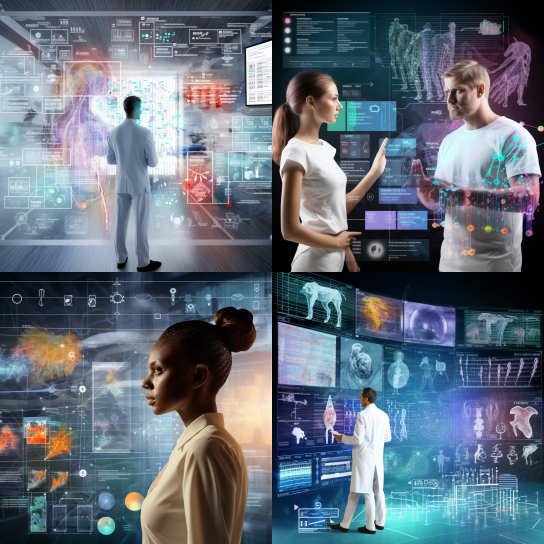Applications of Artificial Intelligence in Manufacturing and Retail Sector
Applications of ML in Manufacturing and Retail Sector
Applications of Artificial Intelligence in Manufacturing and Retail Sector
Applications of Machien learning in Manufacturing
In manufacturing, machine learning offers an opportunity to automate processes or make them more efficient, create personalised products, or enable predictive maintenance functions. This new narrative for manufacturing in the 21st Century, whereby high-tech manufacturing exploits data-driven technologies and automation, is known as Industry 4.0.
Real "AI Buzz" | AI Updates | Blogs | Education
Applications of Machien learning in Manufacturing
In addition to automating manufacturing processes, machine learning could, for example, change the way in which manufacturing equipment – or manufactured goods – are serviced and maintained. By collecting data about how equipment is operating, and when equipment fails, learning programs can develop predictive maintenance systems. Such systems would anticipate when assets were likely to fail, and direct maintenance work accordingly, thus saving costly repairs at a later date or extended periods of downtime for the failing equipment.
For example, predictive maintenance can be used to manage wind turbines, for which downtime can be costly, and regular site inspections may be difficult, owing to their remote location. Being able to accurately estimate when turbines might be at risk of failure – through condition monitoring via sensor data or other patterns – can help deploy staff resources more effectively, while avoiding costly interruptions to services.
Advances in machine learning and robotics are also opening new avenues for human-machine interaction in manufacturing. Cobots – robots designed to work in tandem with humans – have, for instance, been used in automotive assembly lines.
Applications of Machien learning in Retail Sector
Drawing insight from data about customers, machine learning promises increasingly personalised products, with outputs tailored to the needs or preferences of individual consumers. Machine learning can already make personalised product recommendations, for example recommending potential grocery purchases on the basis of previous shopping history, via recommender systems.
Further developments in retail could include more intensively-automated shopping experiences, such as those being developed by Amazon, in which shoppers – and their shopping selections – are tracked as they move through a store, and charges are made automatically. Through a combination of sensor-based and machine learning technologies, Amazon Go is able to recognise who is purchasing which products. The result is a functional store with no checkouts.
Read More









Leave a Reply